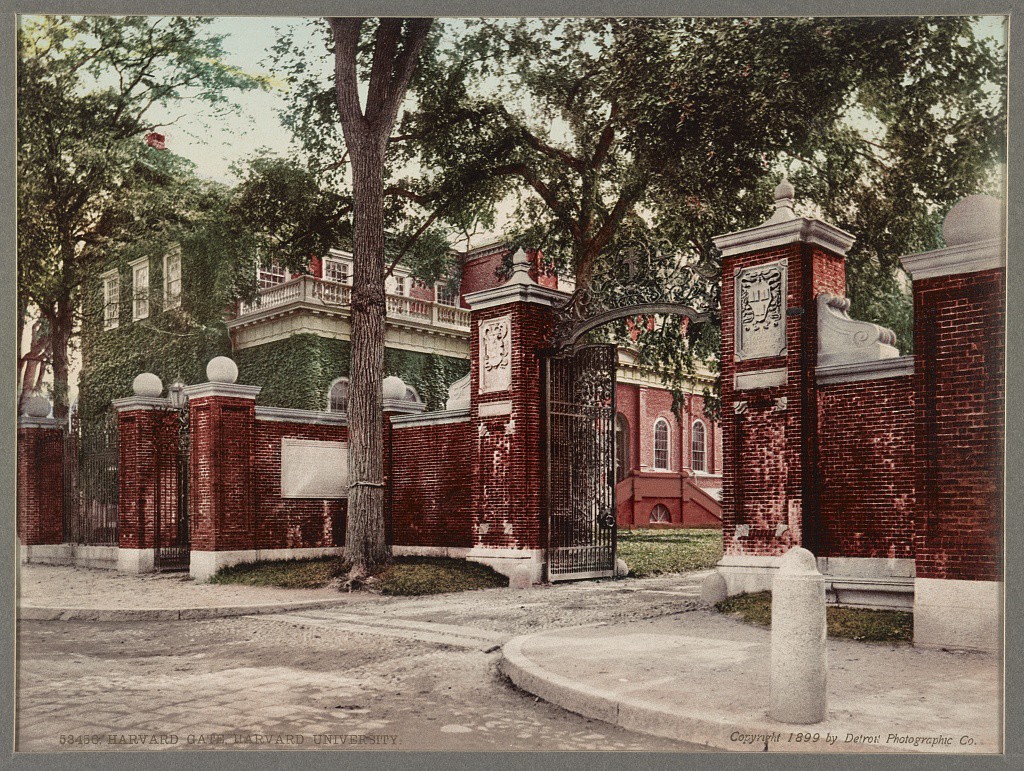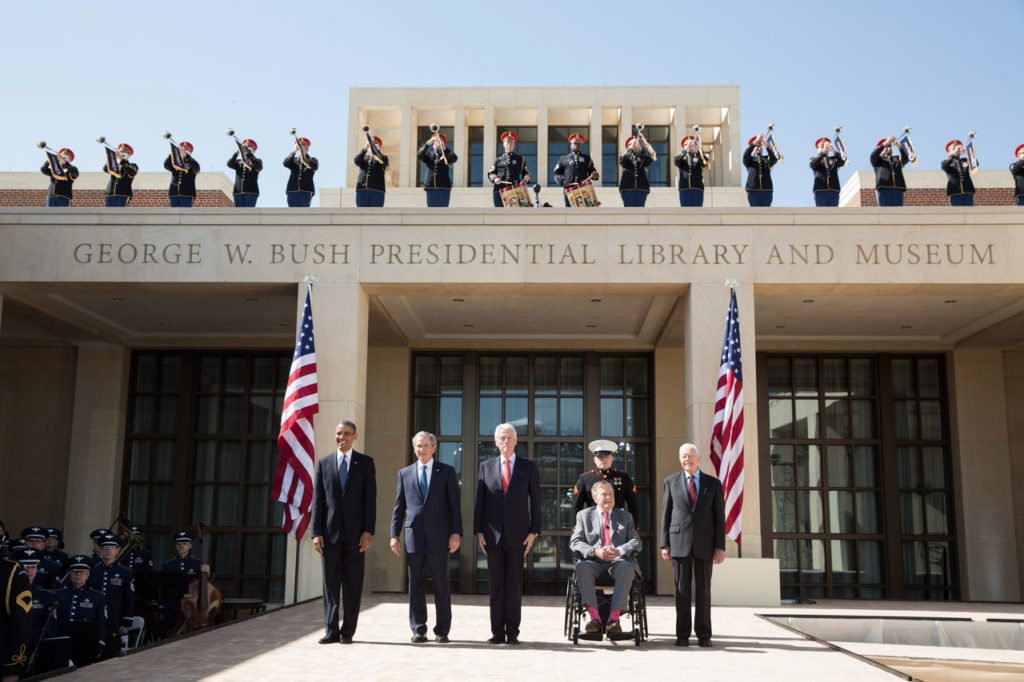The shifts in American politics and economics have changed the role of higher education in the United States. The ideas of both the New Left and the neoliberal right have influenced the vision of the university as the institution most responsible for socioeconomic mobility in the U.S. More precisely, the degrees issued, not the knowledge acquired, are supposed to allow the recipients the opportunity to move up in income and social standing. The problem with this model and idea is that it is terribly flawed. Higher education will not create a more equal society or a better economy.
From the Frontlines of Hillary’s Hispandering
Up to this point I have enjoyed or at least been mildly entertained by Hillary Clinton’s hispandering. Part of it has to do with the fact that she has hired a cadre of creative, adept, and incredibly talented Latinas who craft her Spanish language and Latino-directed messaging. Her team all but hides Clinton’s ignorance of Latinos in their carefully crafted cloak (dare I say rebozo) of biculturalism. They turn phrases: “I am not La Hillary, but tu Hillary.” They make homages: Clinton walked onto stage to none other than the Queen of Tejano music, Selena, at an event in San Antonio. They tweet in Spanish, participating in #RetroJueves or showing how to say “Go Hillary” in various Spanish dialects. They forge iconographies: Clinton’s posters at events in Texas evoked images of Eva Perón, to an audience of U.S.-Latinos who might not be familiar with the actual historical person, but are certainly familiar with the musical, sans Madonna or with her. Her team has wrapped her in the cultural symbols of the community she desired to reach. (Sidenote: If you want to know why La Hillary is doing better with Latinos than Bernie Sanders, one reason is that Clinton hired U.S.-Latinas not just immigrant rights activists.) But today, my amusement with her pandering to the Latino community stopped.
Clinton traveled to Mountain View College in southwest Dallas, an impoverished and majority-minority area of a town most famously associated with the iconoclastically Texas stereotypes of big hair, big oil, big trucks, and big money. Yet, this part of Dallas stands apart. Dallas is 28.8% percent white, 25% African-American, and 42.4% Latino. The poverty rate is 23.8% across the city, but most of those areas are concentrated in the southern and western parts of the city—the very communities that Mountain View services. These areas are disproportionately poor and minority and MVC reflects that in its population. The student population of MVC is, 49.1% Latino, 27% African American, and 15.7% White.
The Neoliberal Arts and Chicana/o Studies
 William Deresiewicz’s incisive cover story in the August issue of Harper’s, “The Neoliberal Arts: How College Sold its Soul to the Market,” criticizes higher education for its misshapen form and circumspect goals at the beginning of the twenty-first century. According to Deresiewicz, this is the age of neoliberalism, an era and an ideology that reduces all values, skills, and thought to its monetary value. “The worth of a thing is the price of the thing. The worth of a person is the wealth of a person,” he writes.
William Deresiewicz’s incisive cover story in the August issue of Harper’s, “The Neoliberal Arts: How College Sold its Soul to the Market,” criticizes higher education for its misshapen form and circumspect goals at the beginning of the twenty-first century. According to Deresiewicz, this is the age of neoliberalism, an era and an ideology that reduces all values, skills, and thought to its monetary value. “The worth of a thing is the price of the thing. The worth of a person is the wealth of a person,” he writes.
This is not a new critique. Since the middle of the nineteenth century, capitalism has certainly produced its fair share of discontents. Marx wrote of the alienated working class reduced to nothing but the value of their labor sold on the market. Henry David Thoreau wrote of the “mass of men who lead lives of quiet desperation” as the industrial revolution eliminated the singularity of homespun products and replaced them with standardization and mass production. If all products and parts were undifferentiated and interchangeable, so too were the people. Critiques of this kind would continue through the New Left and Generation X, but are limited among the millennial generation—a generation that seems to have made peace with capitalism.



